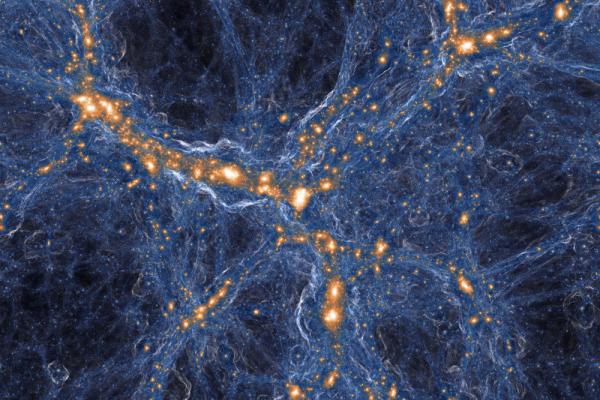
Thu, January 19, 2023
3:00 pm - 4:00 pm
In Person & Online: Chem & Biomolecular Eng & Chem (CBEC) - Room 130; Zoom Webinar
Title: Towards a Theory of Galaxy Formation in the Era of Good-Looking Simulations
Abstract:
In the past decade cosmological hydrodynamic simulations have produced large populations of galaxies that look a great deal like galaxies in the real Universe. I will argue that, despite their successes and versatility, these simulations are unlikely to ever reliably constrain key ingredients of galaxy formation like the properties of galactic winds and accretion. Fast, expressive, comprehensive new models are necessary to fit current and forthcoming observational data. I will show promising steps along three distinct paths towards building such models: incorporating lessons from simulations, building and perturbing equilibrium models, and fitting the data hierarchically.
